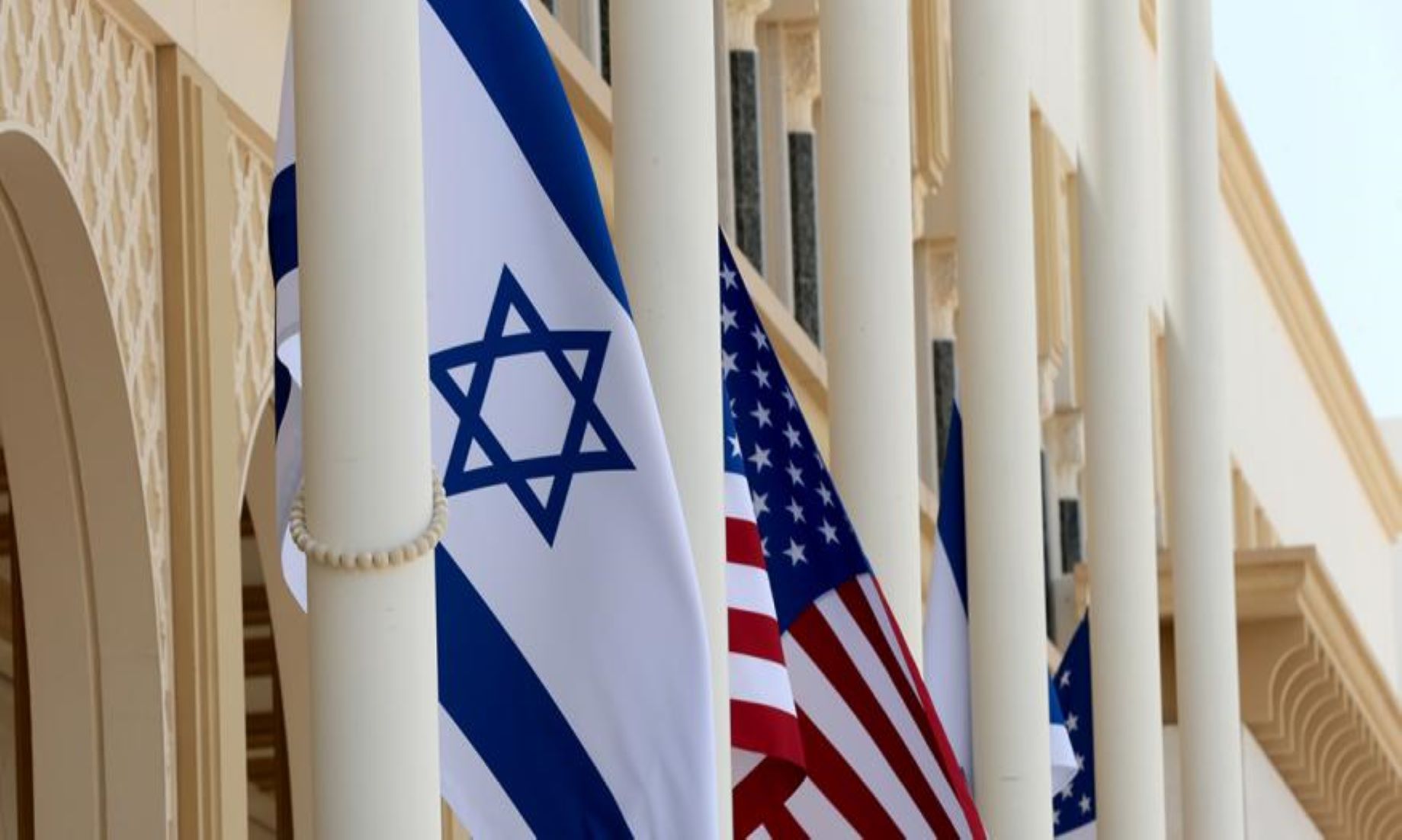JERUSALEM, Sept 14 (NNN-XINHUA) – Israel is engaged in a diplomatic campaign, to prevent world powers from returning to the 2015 nuclear deal with Iran, officials said yesterday.
Israel is working to persuade the international community not to revive the Joint Comprehensive Plan of Action (JCPOA), an agreement signed in 2015, that seeks to curb Iran’s nuclear programme, in exchange for lifting sanctions on it, an official with the Israeli Foreign Ministry told Xinhua, on condition of anonymity.
“Over the past weeks, Israeli officials have been holding intensive talks behind the scenes, with U.S. senators and Congress members, as well as, European officials, in order to convince them to accept the Israeli position,” the official said, adding, Israel also provided the United States and Europe with new intelligence information on Iranian nuclear sites’ activity.
Israel believes the current setbacks in the negotiations might be resolved, after the mid-term election in the United States in Nov, according to the official.
Israel, a longtime vocal opponent of the Iranian nuclear deal, says, the agreement will enable Iran to obtain atomic weapons (which the Israeli regime already has), without the burden of the sanctions and to funnel funds to its allies, including Hezbollah, a Lebanese armed group and a major enemy of Israel.
Iran, however, maintains that its nuclear programme is peaceful.
On Monday, Israeli Prime Minister, Yair Lapid, met German Chancellor, Olaf Scholz, in Berlin to discuss the emerging deal. Restoring the agreement would be “a critical mistake,” Lapid said, in joint statements, after the meeting.
The deal cannot achieve the goal of stopping Iran from acquiring nuclear arms, Lapid said, adding, it was “time to move past the failed negotiations” with Iran.
Scholz expressed regret that Iran has not accepted European proposals to restore the deal.
In his weekly cabinet meeting on Sunday, Lapid applauded France, Britain and Germany, known as the E3, for their joint statement on Saturday that, Iran’s demand to close a probe by the International Atomic Energy Agency (IAEA), the UN nuclear watchdog, into uranium particles found at three sites “raises serious doubts as to Iran’s intentions and commitment to a successful outcome on the JCPOA.”
On Monday, Iranian Foreign Ministry Spokesman, Nassar Kanaani, said, it is regretful that the E3, instead of responding positively to the “constructive” actions of Iran, in the course of reaching an agreement and its cooperation with the IAEA, has been influenced by a country, which is not a member of any safeguards systems of the IAEA, alluding to Israel’s allegations against Iran’s nuclear programme.
The recent statement by the E3 about Iran’s response to an EU nuclear proposal was “wrong” and “untimely,” Kanaani added.
Israeli Defence Minister, Benny Gantz, also took part in the Israeli diplomatic blitz, to stop the revival of the 2015 deal, calling for joint action against Iran, during a briefing for UN Security Council ambassadors on Monday.
“The international community must ensure military deterrence, in addition to diplomatic and economic efforts,” a statement issued on his behalf on Tuesday quoted Gantz as saying.
According to Gantz, “Iran is not only advancing in its capabilities, but also in its rate of production.”
Prior to Lapid’s visit to Berlin, David Barnea, the director of the Israeli regime’s intelligence agency, Mossad, travelled to Washington on Sept 5. In a series of security-diplomatic meetings with senior U.S. officials, Barnea and U.S. officials focused on “tightening security and intelligence coordination (between the two sides), regarding the Iranian nuclear issue,” according to a statement issued by the Israeli prime minister’s office.
The United States “remains committed to the security of Israel” and will not allow Iran to obtain a nuclear weapon, and will “continue to act in full cooperation” on regional issues concerning Israel’s security, the statement quoted U.S. officials as saying.
In late Aug, some 5,000 senior reserve officers of the Israeli military, sent a letter to U.S. President Joe Biden, warning that, the emerging nuclear deal would be “catastrophic for the peace and security of the United States, Israel and the world.”
At a press conference in Vienna on Monday, also the first day of an IAEA Board of Governors’ quarterly meeting, IAEA Director General, Rafael Grossi, said, the agency found in its inspections, traces of uranium in places that were never declared by Iran, adding, the information gap with regard to Iran’s nuclear programme is getting “bigger and bigger.”
A spokesman of the Atomic Energy Organisation of Iran (AEOI), yesterday, rejected Grossi’s claim, calling on the IAEA to refrain from judging and commenting about Iran’s nuclear programme, on the basis of the “politically motivated” documents Israel has provided.
The Israeli regime considers Iran its arch-foe and a big threat to its security. Lapid, like his predecessors, Naftali Bennett and Benjamin Netanyahu, warned that, Israel will not allow Iran to gain nuclear weapons and might attack it, if diplomacy fails.– NNN-XINHUA






